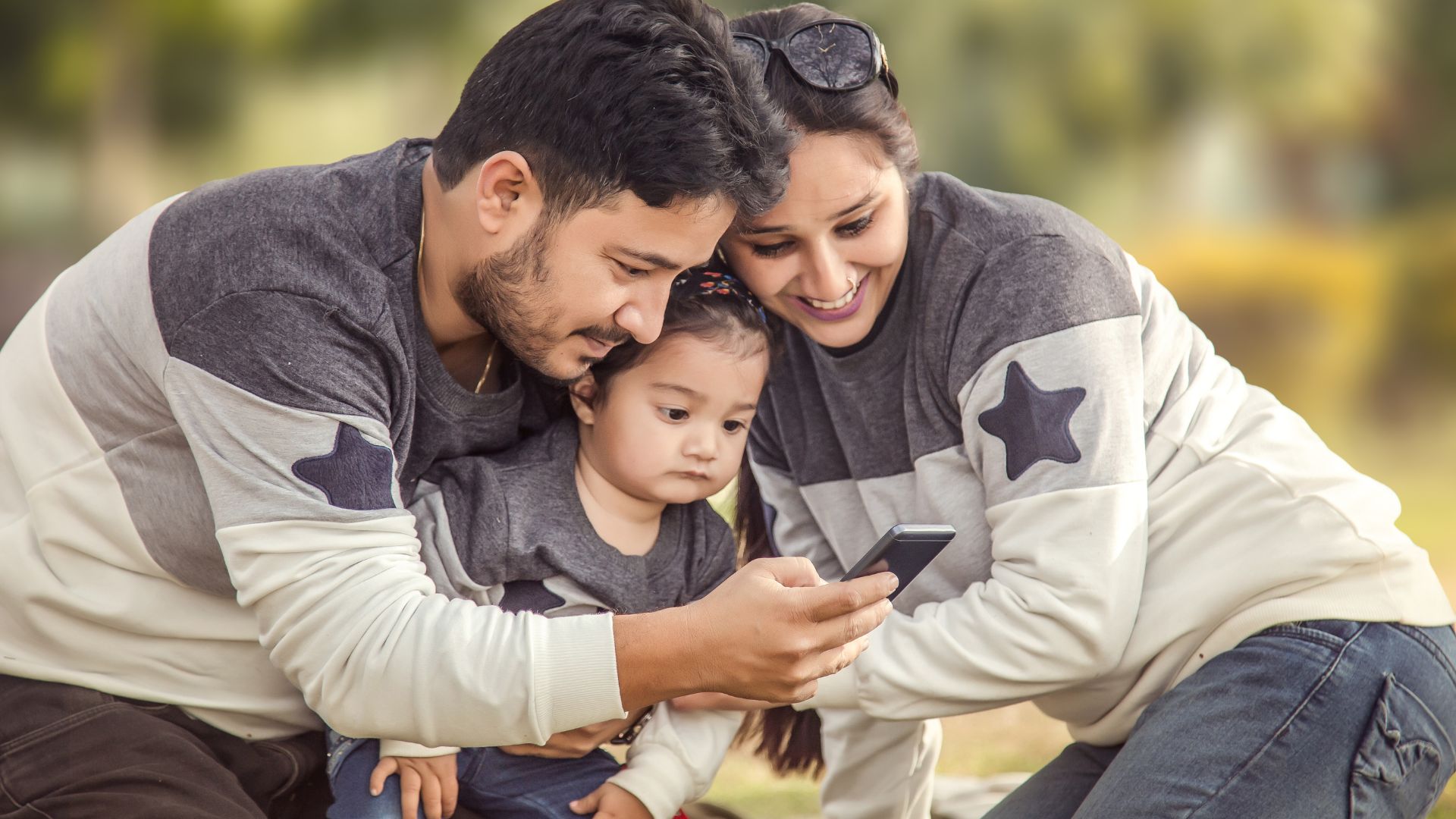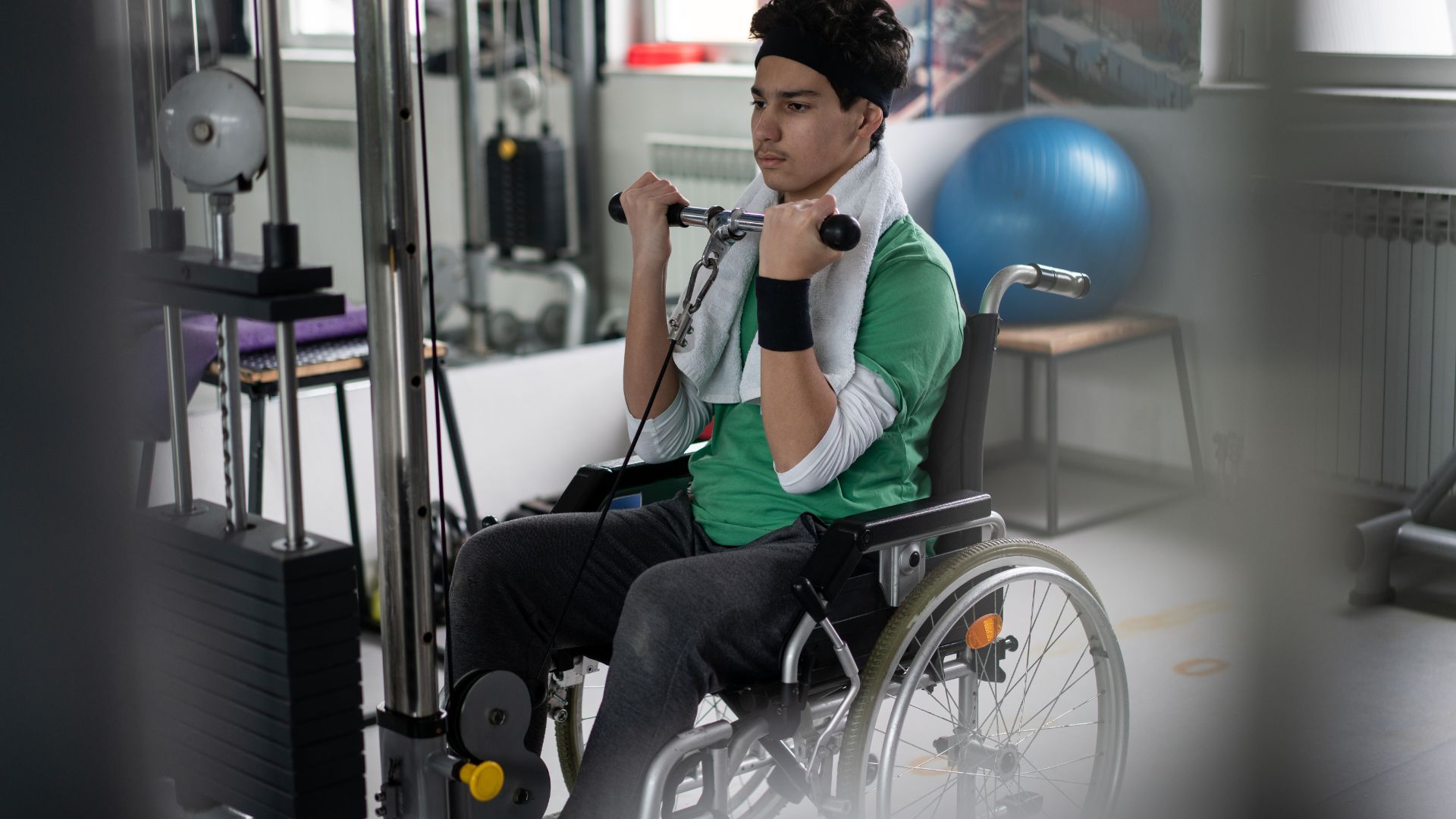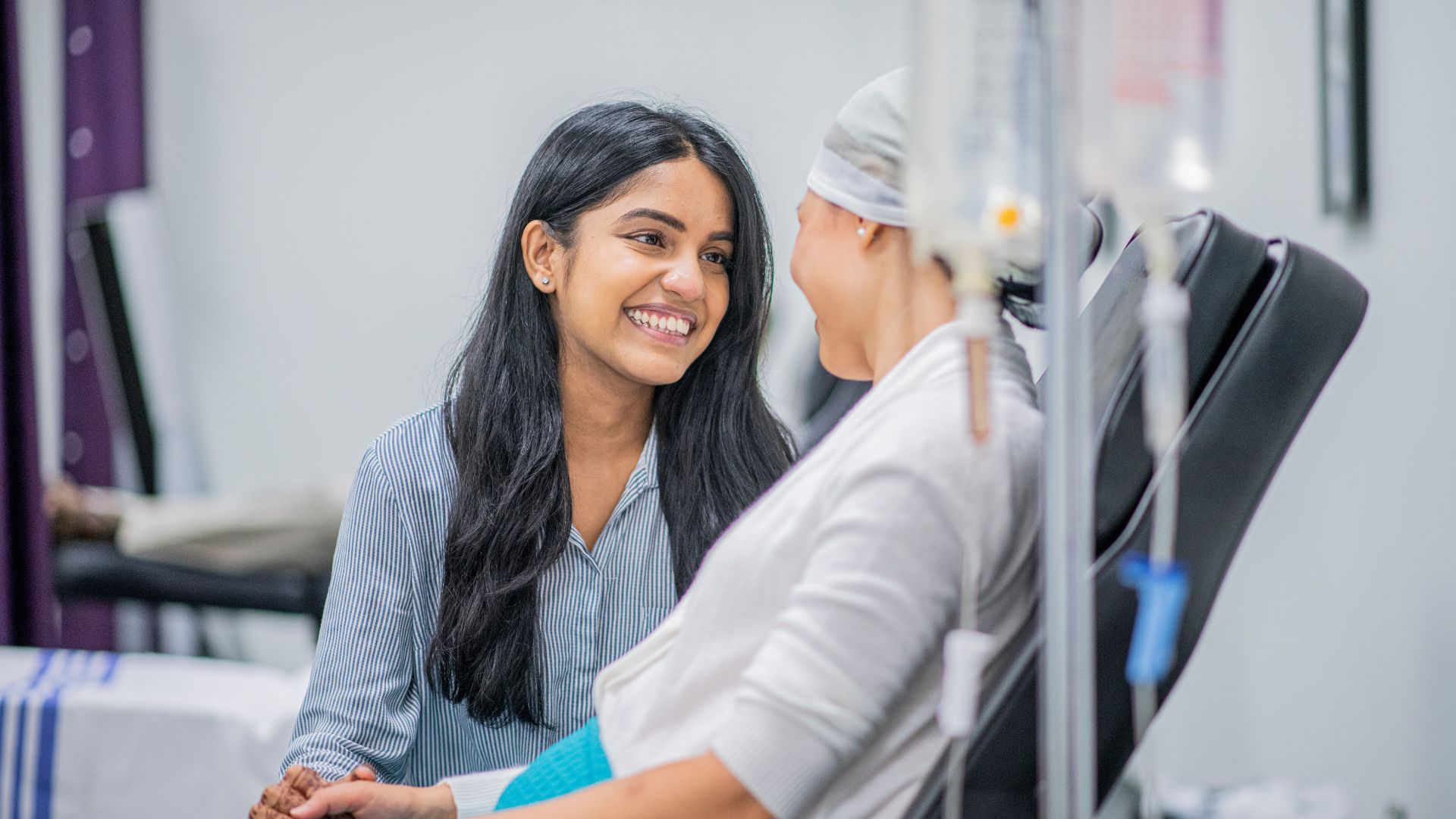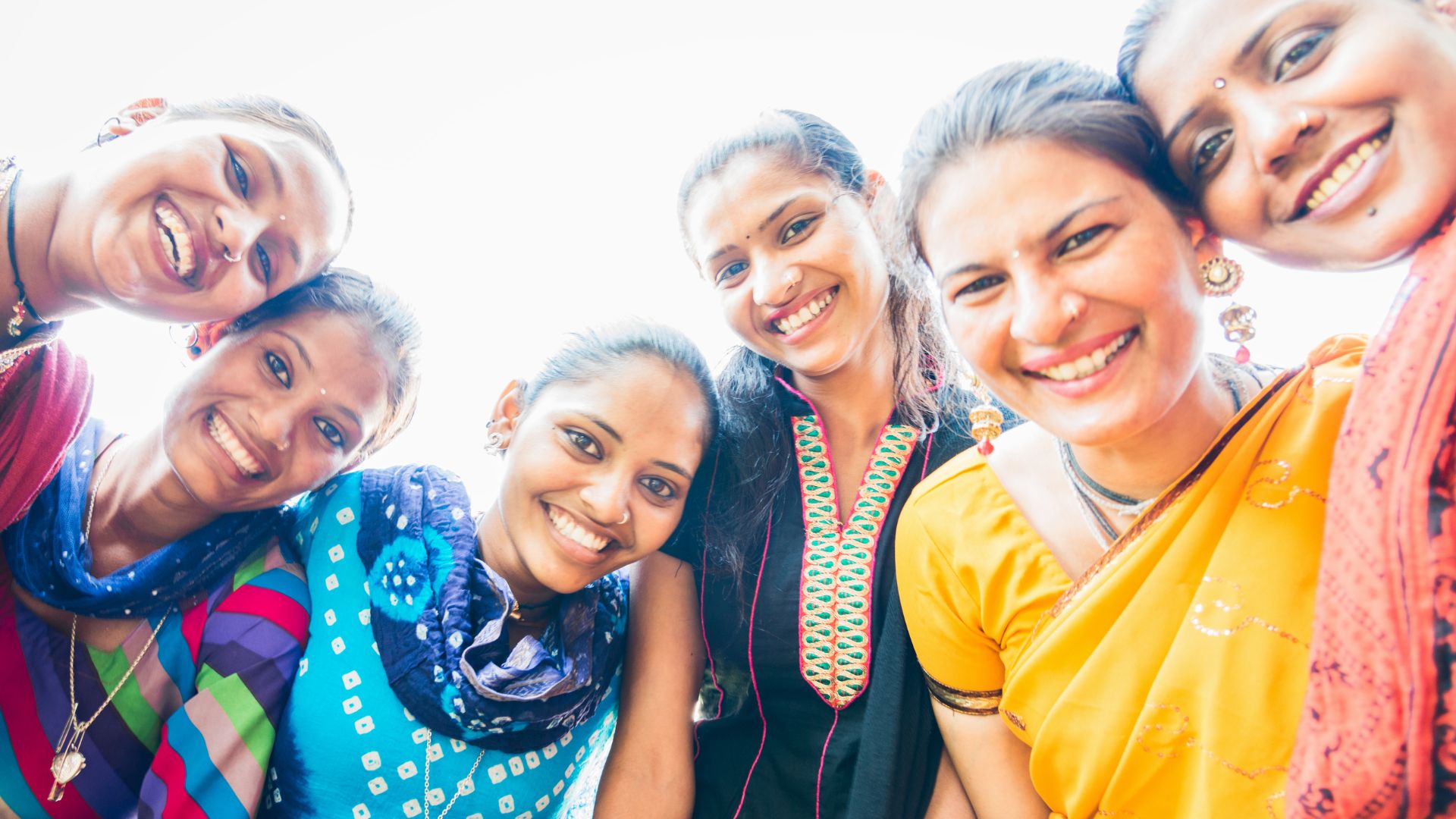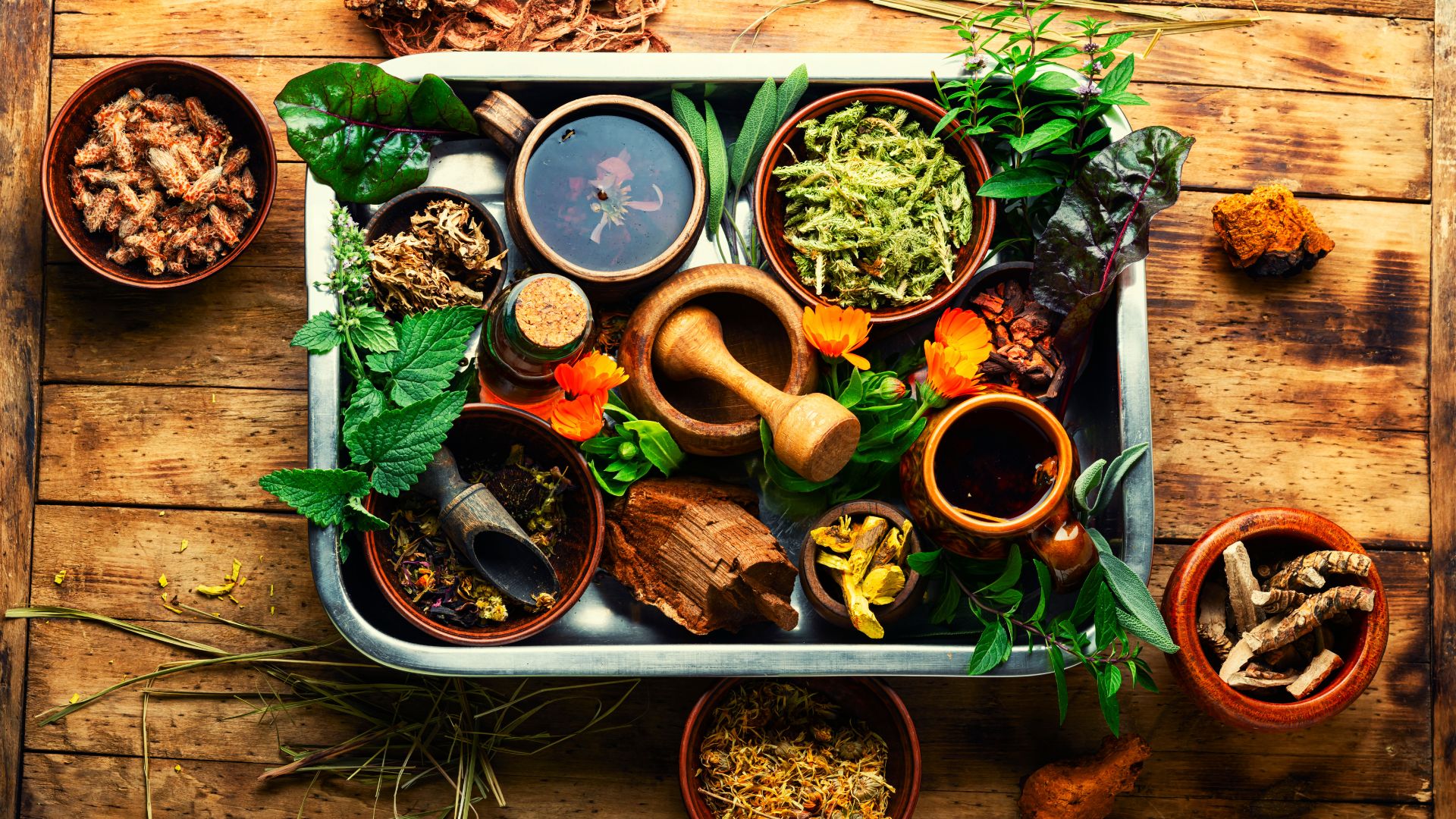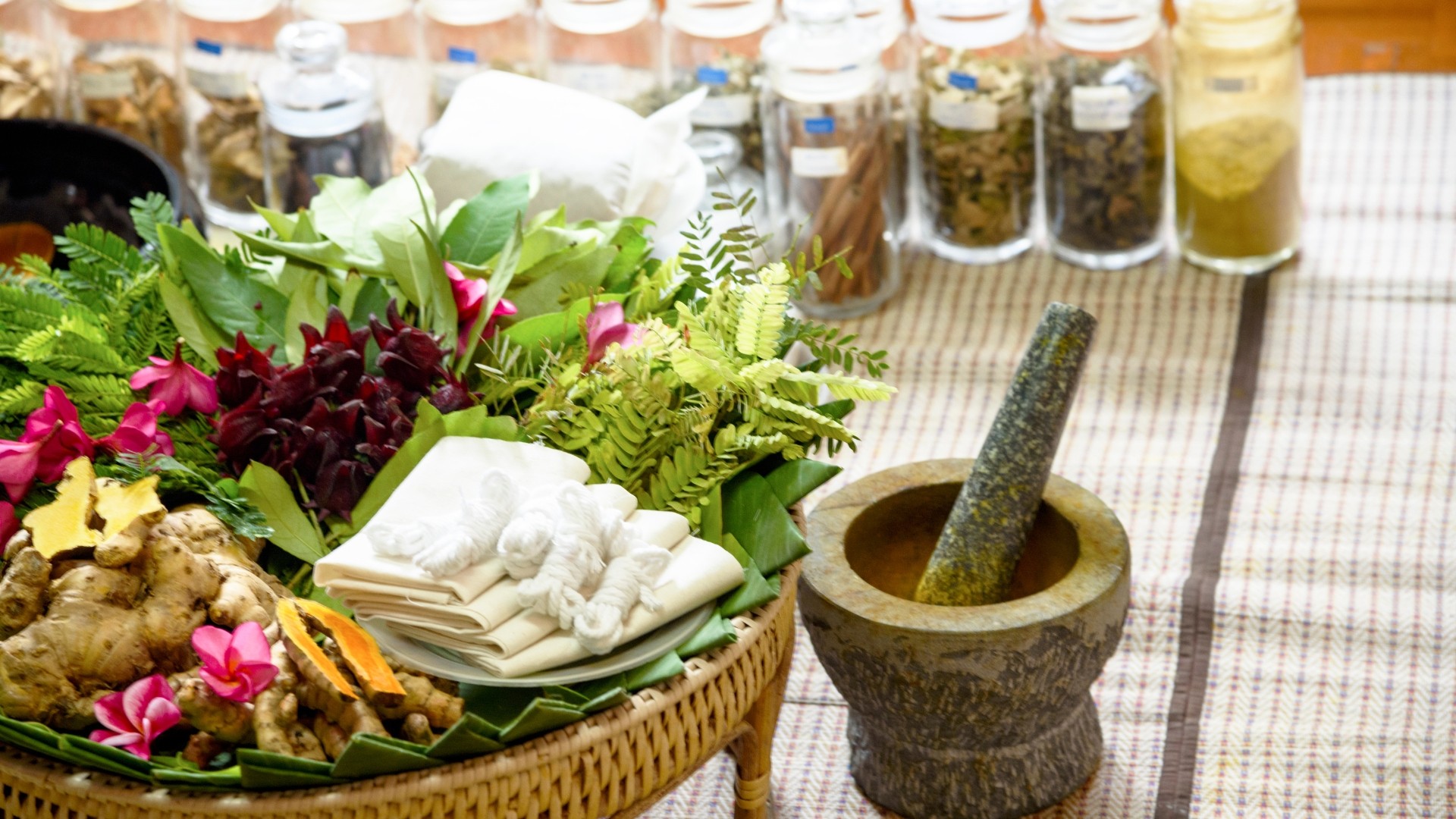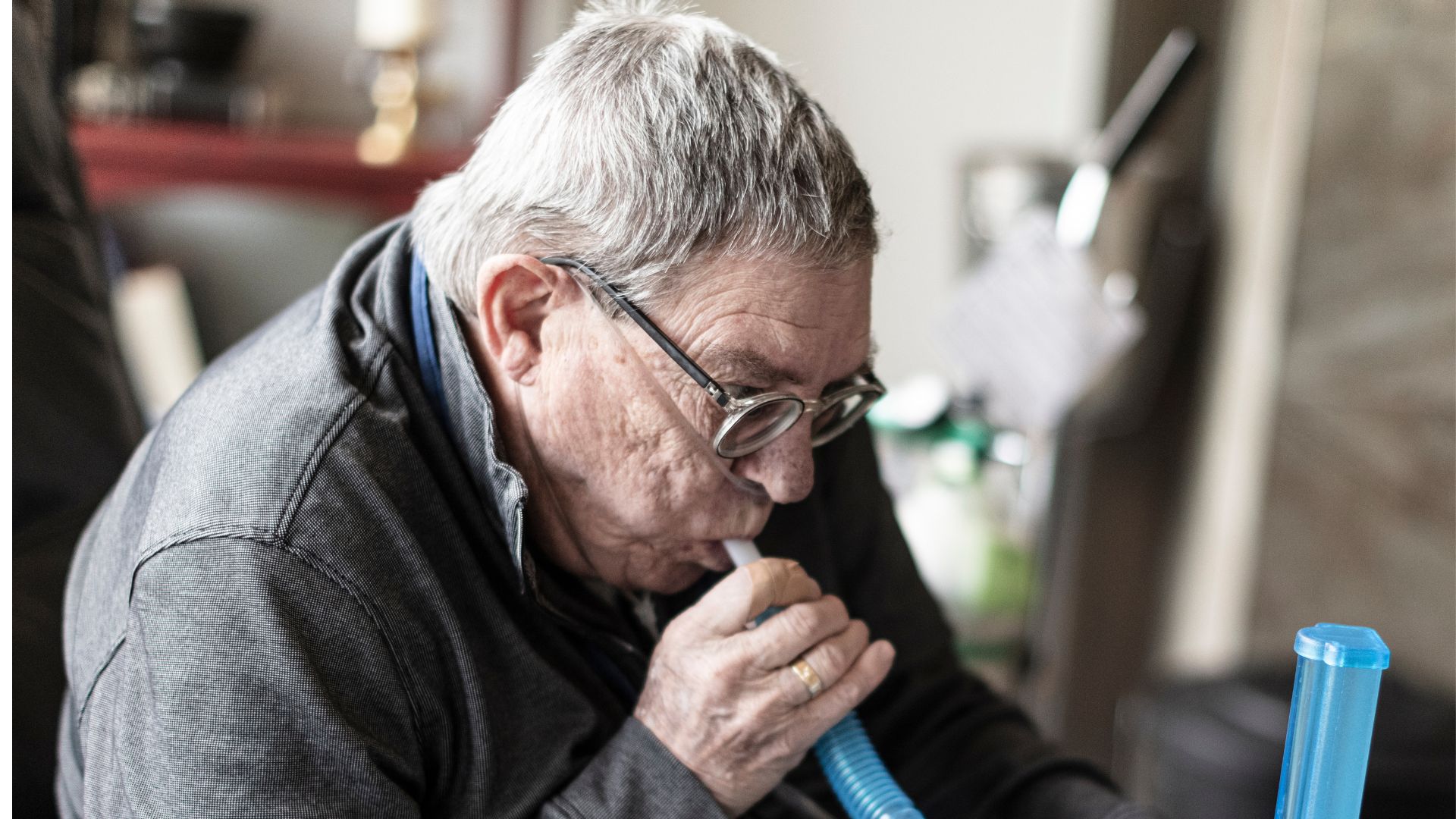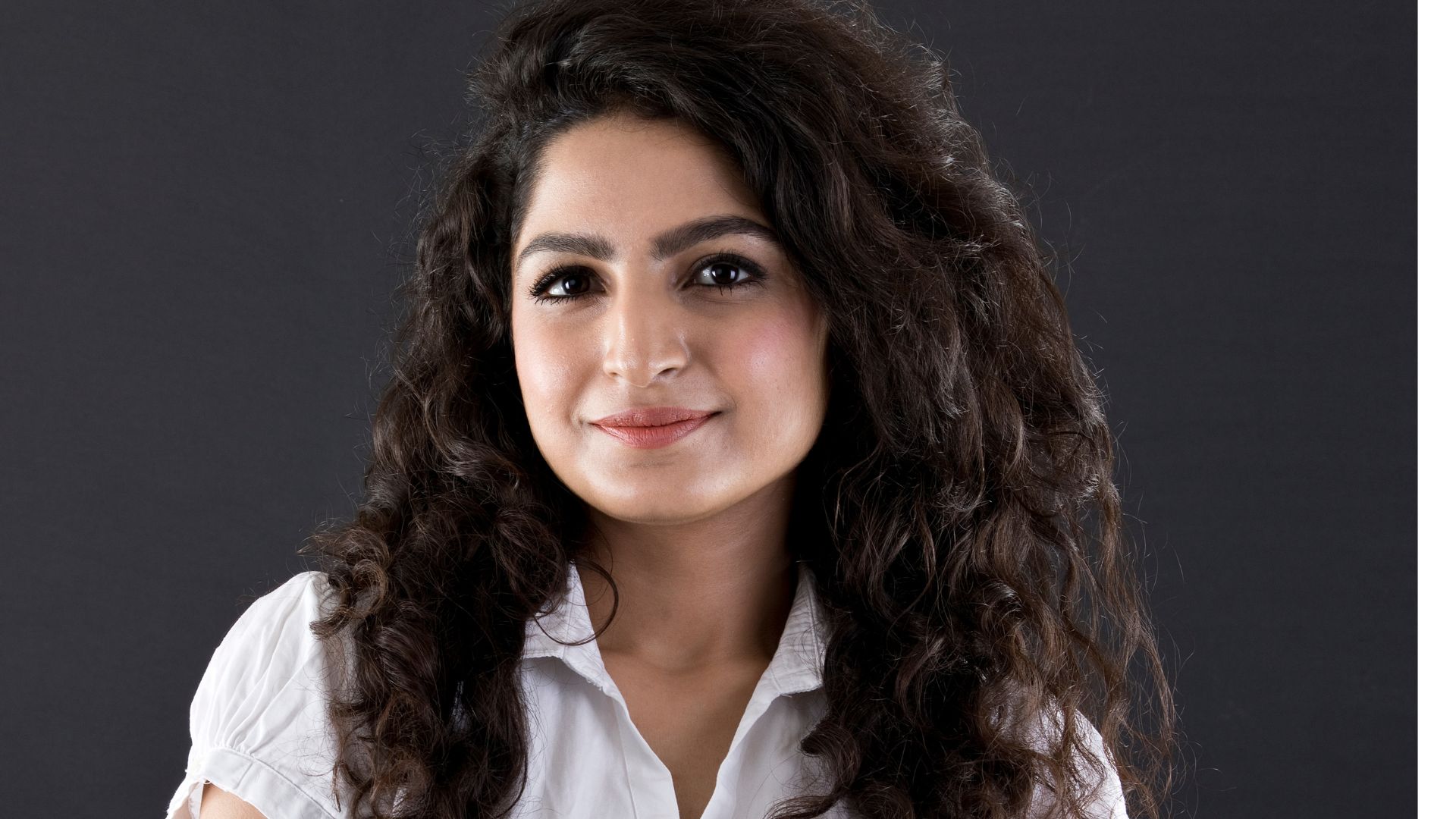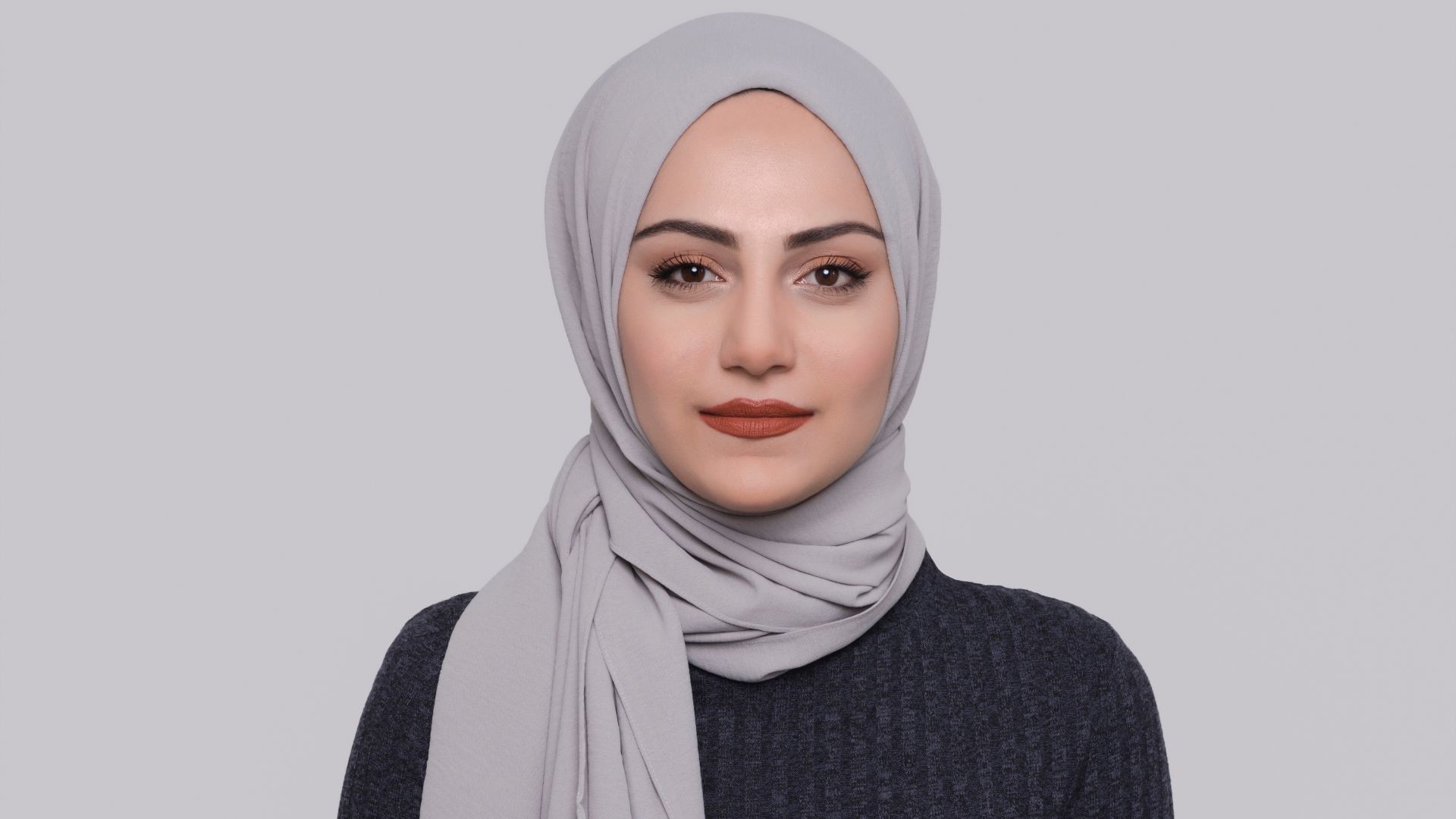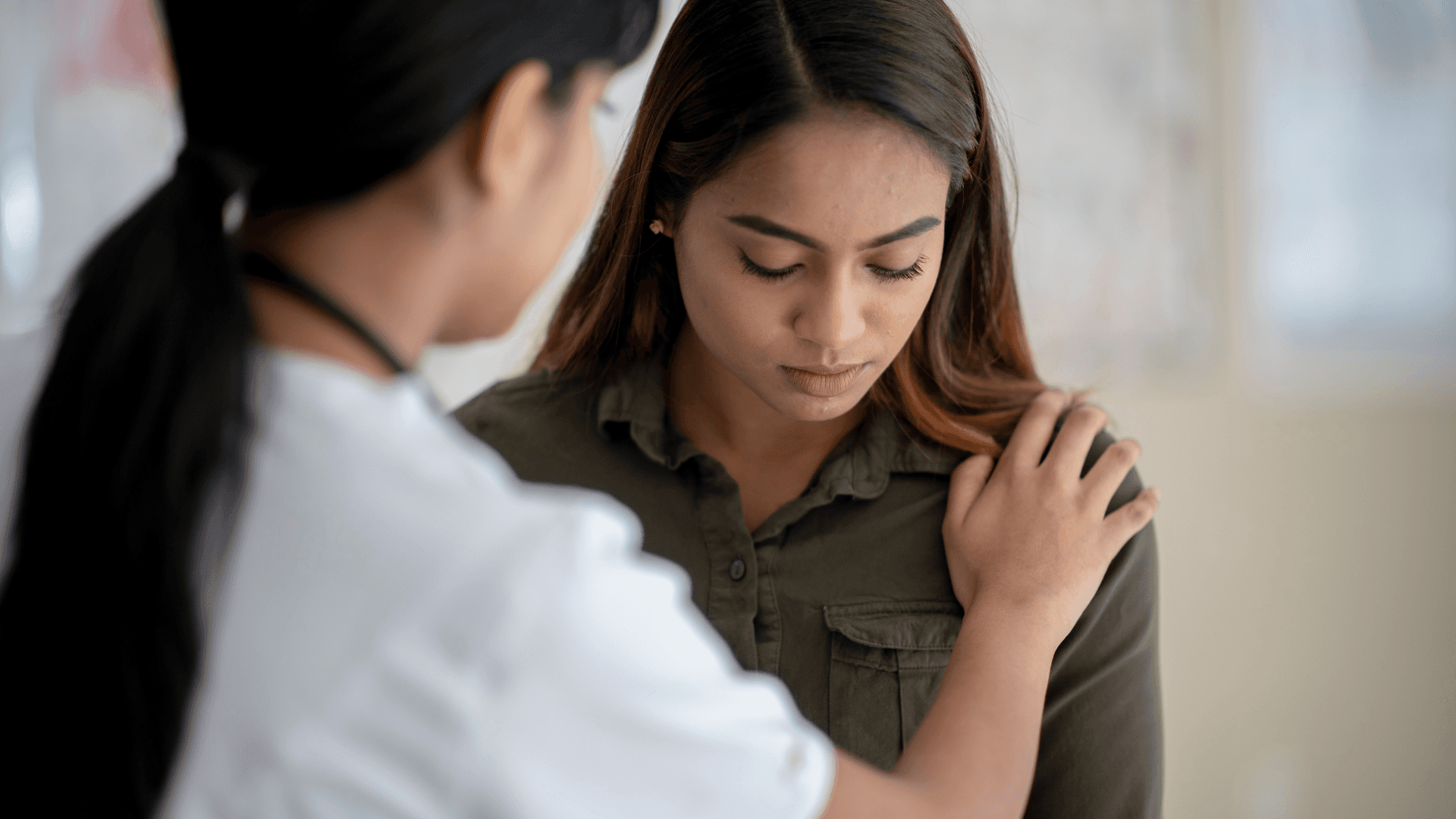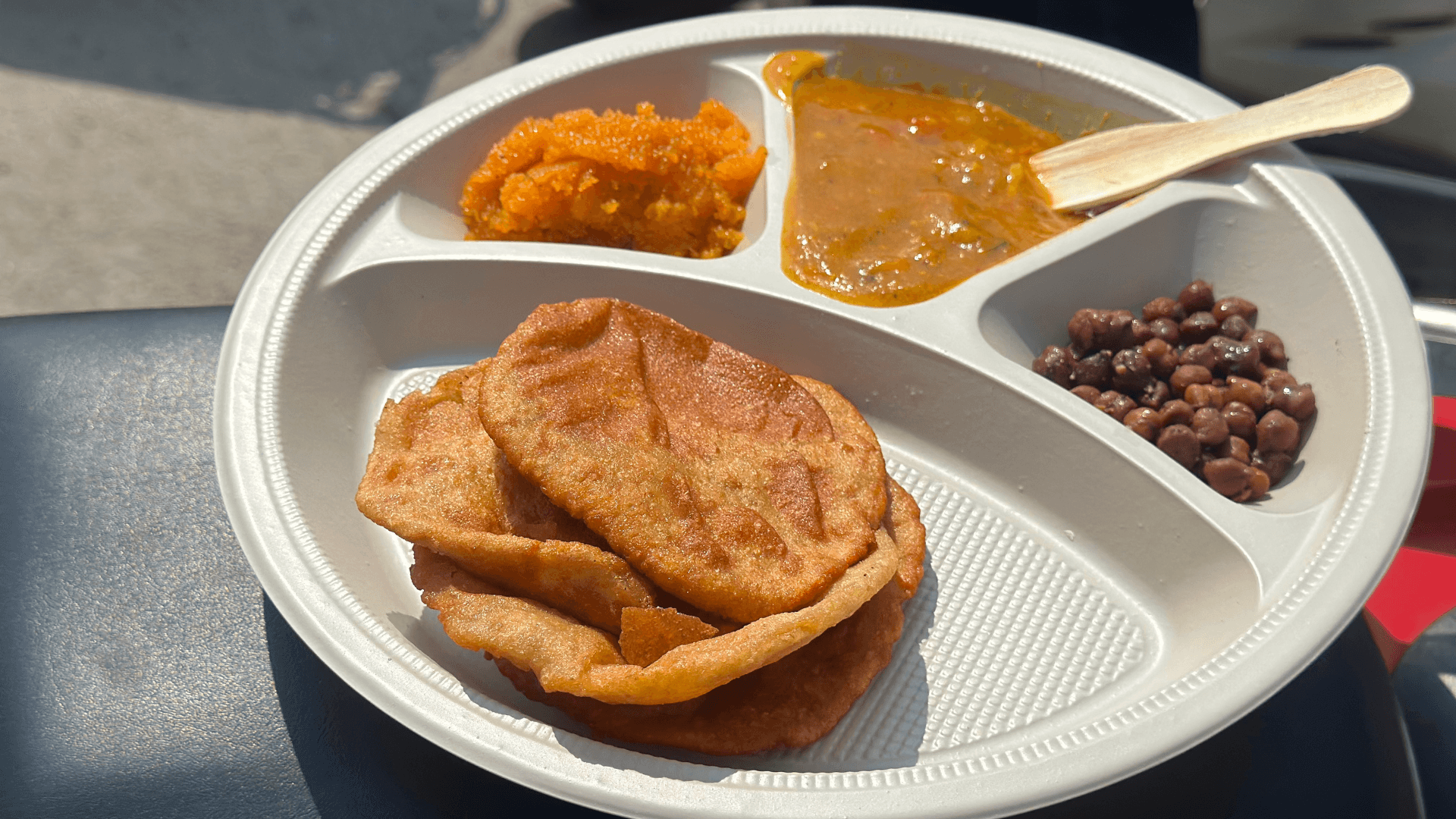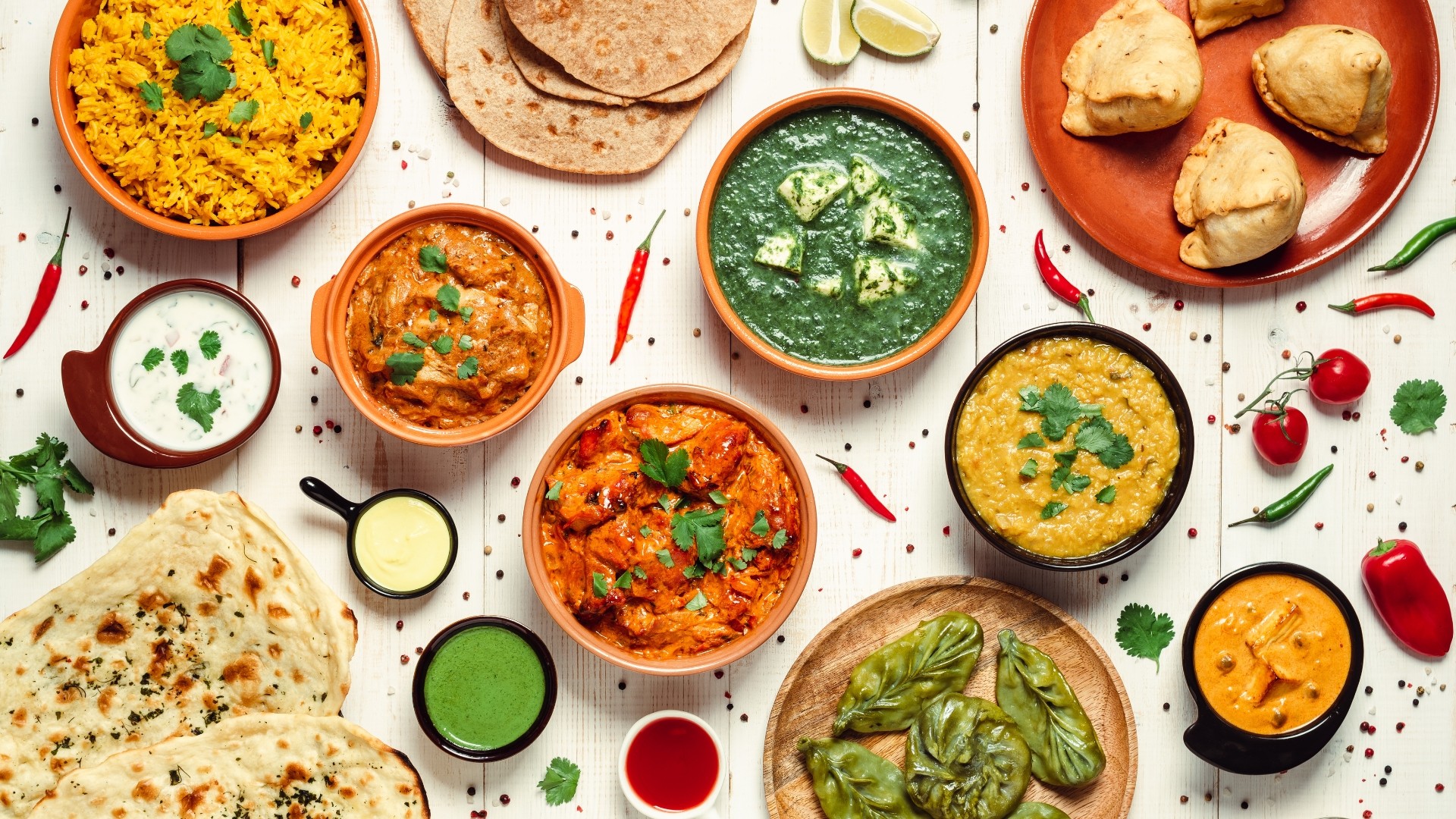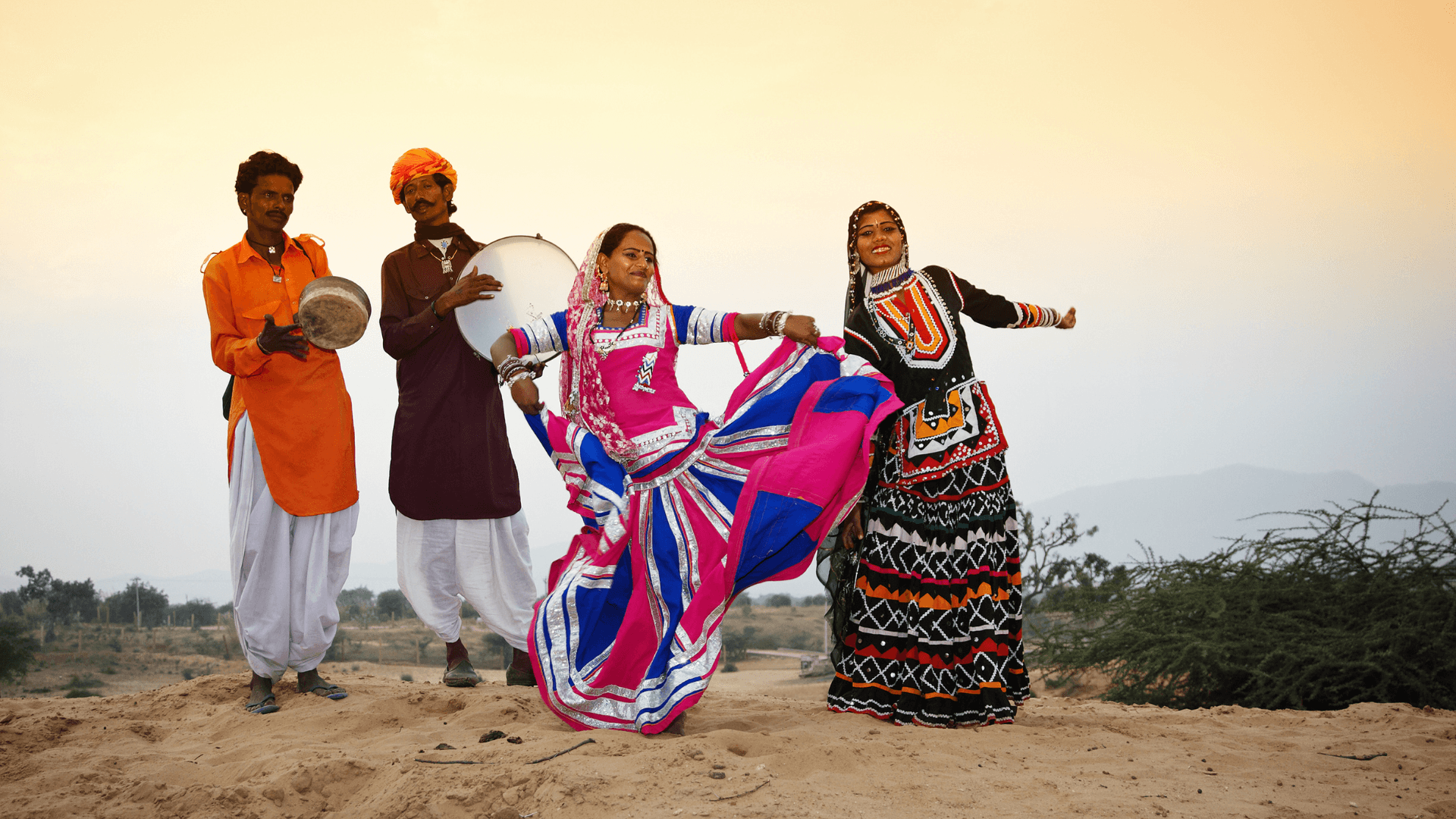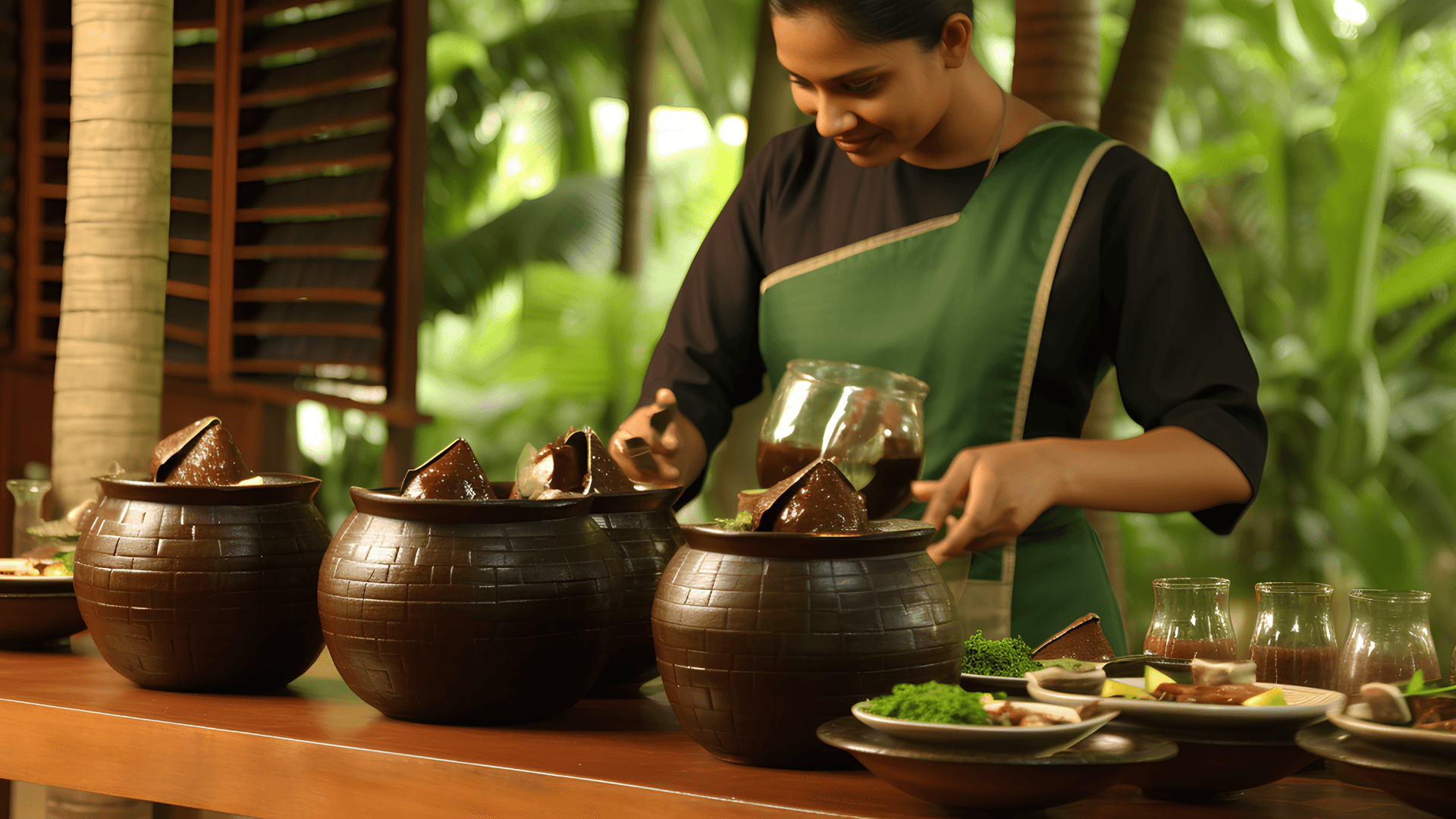Jan 22, 2024
The article uses vivid language and real-world examples to illustrate the potential impact of the research. It emphasizes the transformative potential of the initiative beyond the studied communities.
In the vibrant boroughs of East London, where diverse cultures intertwine, a concerning narrative takes hold. Bangladeshi and Pakistani communities here grapple with disproportionately higher health risks compared to the broader UK population. Diabetes, heart disease, and other chronic conditions cast a long shadow, prompting the groundbreaking initiative - East London Genes & Health - to step into the light.
Unveiling the reasons demands traversing multiple paths
Health Deprivation's Grip
As children skip rope in the bustling streets of East London, a stark reality lurks beneath the vibrant facade. Here, some of the UK's most health-deprived communities reside, and amongst them, Bangladeshi and Pakistani residents bear the brunt of the burden. Imagine five times the national average of diabetes cases, a disease that, like a silent predator, steals eyesight, limbs, and precious years. This isn't just a statistic; it's the story of families struggling to find insulin, children missing school due to debilitating complications, and a future shadowed by preventable illness. East London Genes & Health steps in, not just to cure, but to rewrite this narrative.
Unique Threads in the Genetic Tapestry
We share 99% of our DNA, a shared language written in the code of life. But the remaining 1% is a personal story, a dialect that whispers of our ancestry and vulnerabilities. South Asians, like Bangladeshis and Pakistanis, possess unique variations in this dialect, like hidden chapters in the book of their genes. These variations hold clues to why they are five times more likely to develop diabetes compared to others. Imagine identifying a genetic switch that throws open the door to the disease, allowing us to develop targeted therapies or even prevent it altogether. East London Genes & Health offers a chance to rewrite this genetic story, turning vulnerabilities into strengths.
Parental Threads and Hidden Gems
In the intricate tapestry of East London's population, a fascinating knot emerges: a higher degree of parental relatedness within ethnic groups. Imagine families where grandparents, parents, and children share more genetic threads than usual. This seemingly ordinary detail becomes a treasure map, leading to the discovery of "hidden gems" - rare genetic variants associated with specific diseases. Think of a diamond tucked away in the fabric of a family, passed down through generations, potentially linked to a rare heart condition. By identifying these gems, we unlock the secrets of these diseases, paving the way for personalized diagnosis and treatment. East London Genes & Health becomes a beacon of hope, illuminating the path to a healthier future for these communities.
Unlocking the Vault of Health Records
Imagine a vast library, not of dusty books, but of individual health journeys. East London's NHS electronic health records hold this priceless collection, meticulously chronicling every doctor's visit, every test result, every story etched in blood sugar levels and heartbeats. By combining this treasure trove with the genetic code of Bangladeshis and Pakistanis, researchers weave a new narrative. They map genes to health outcomes, painting a detailed picture of how individual DNA influences well-being. This is the key to personalized medicine, a future where prevention and treatment are tailored to your unique genetic blueprint. East London Genes & Health unlocks the vault, turning data into knowledge, and knowledge into empowered lives.
Beyond these compelling reasons lies a deeper purpose
Addressing the historical underrepresentation of South Asian populations in health research. East London Genes & Health strives to bridge this gap, empowering local communities to become champions of their own health.
By deciphering the genetic makeup of Bangladeshis and Pakistanis, this initiative aims to weave a new narrative:
Unmasking Disease's Footprints: Identifying genetic risk factors for prevalent diseases like diabetes and heart disease lays the foundation for personalized prevention strategies. This empowers individuals to take proactive steps towards safeguarding their health.
Culturally Cued Cures: Understanding the unique genetic landscape of Bangladeshis and Pakistanis can inform the development of culturally sensitive healthcare approaches. Imagine medication regimens and treatment plans tailored to specific needs and cultural contexts, leading to better adherence and improved outcomes.
Knowledge as the Guiding Light: Engaging local communities in the research process and sharing findings in a clear and accessible manner fosters trust and empowers individuals to take charge of their health. This participatory approach ensures research outcomes benefit the very communities it studies.
The East London Genes & Health initiative goes beyond traditional research. It seeks to empower Bangladeshi and Pakistani communities to become key stakeholders in their own health, paving the way for personalized and effective healthcare solutions for all.













